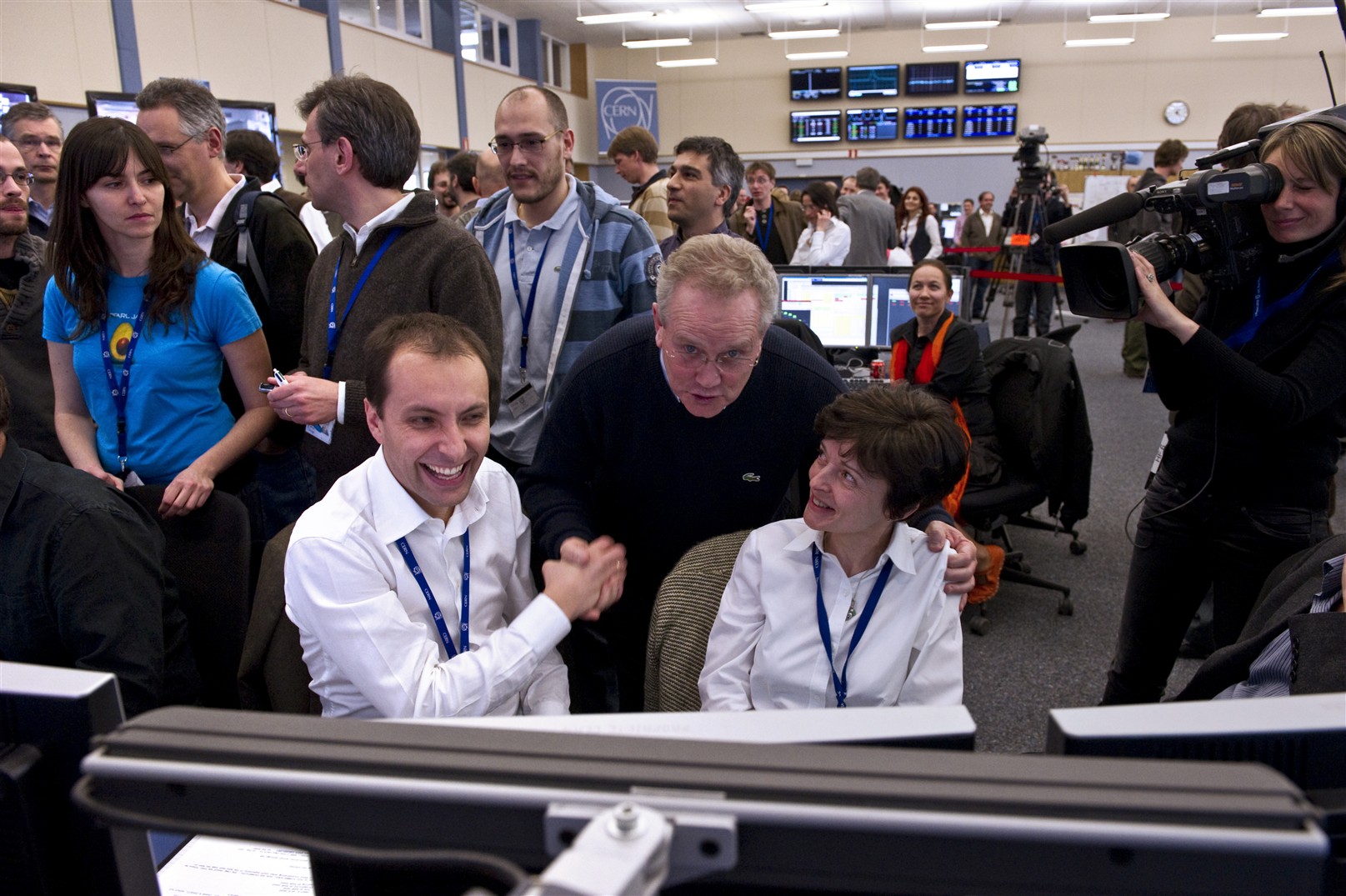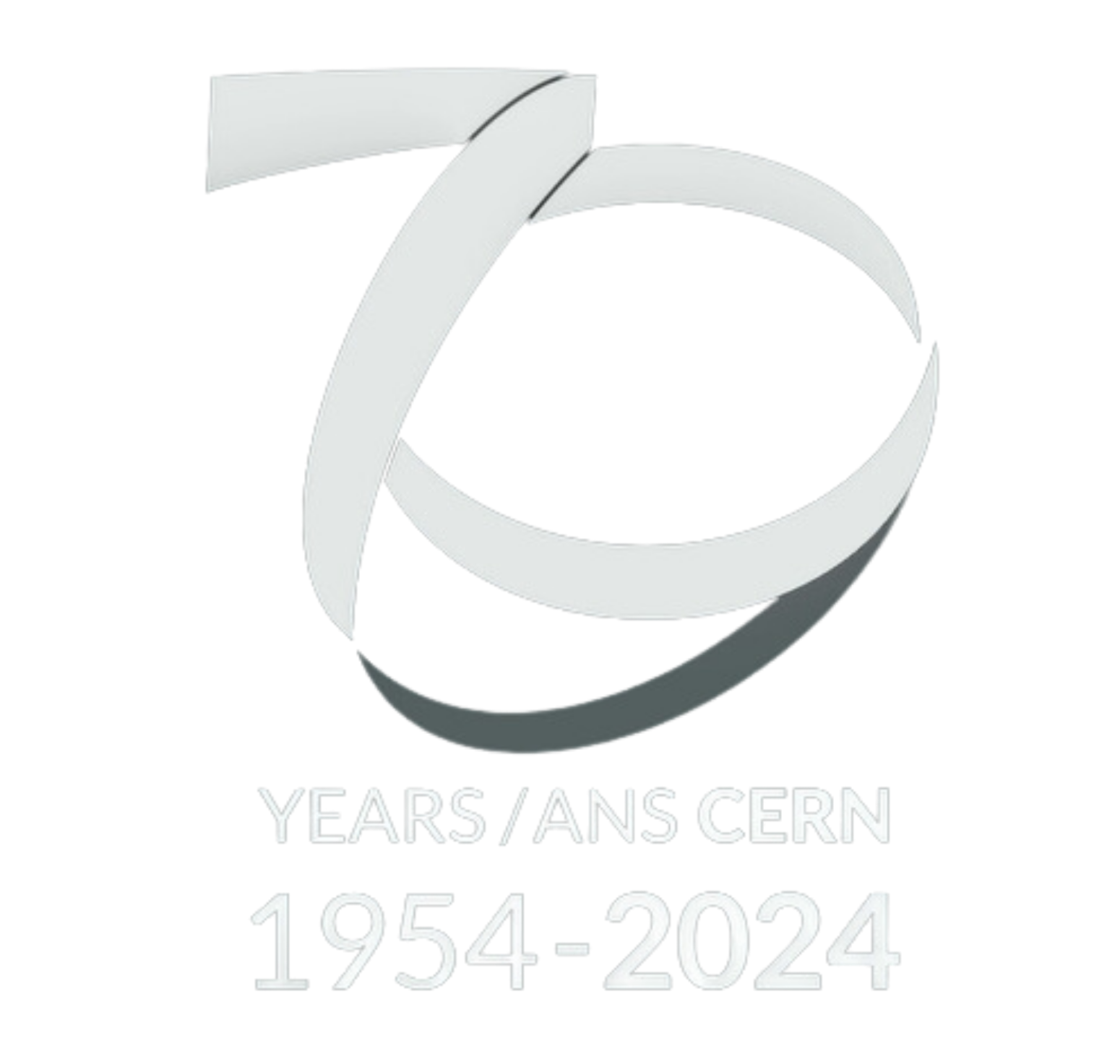
The Large Hadron Collider (LHC) physics programme starts with proton–proton collisions at the unprecedented collision energy of 7 TeV (3.5 TeV per beam), recorded by the four largest LHC experiments – ALICE, ATLAS, CMS and LHCb. Later in the year, lead ions are delivered to the experiments for the first-ever heavy-ion run at the LHC. Since then, the energy of the LHC collisions has constantly increased to achieve a record-energy of 13.6 TeV in 2022.
